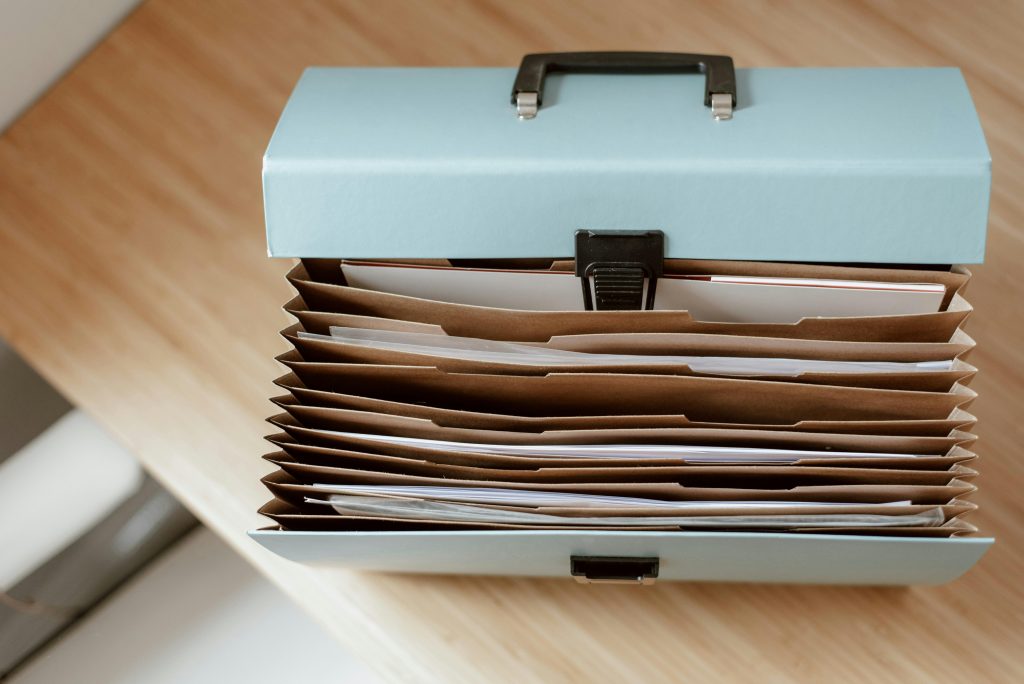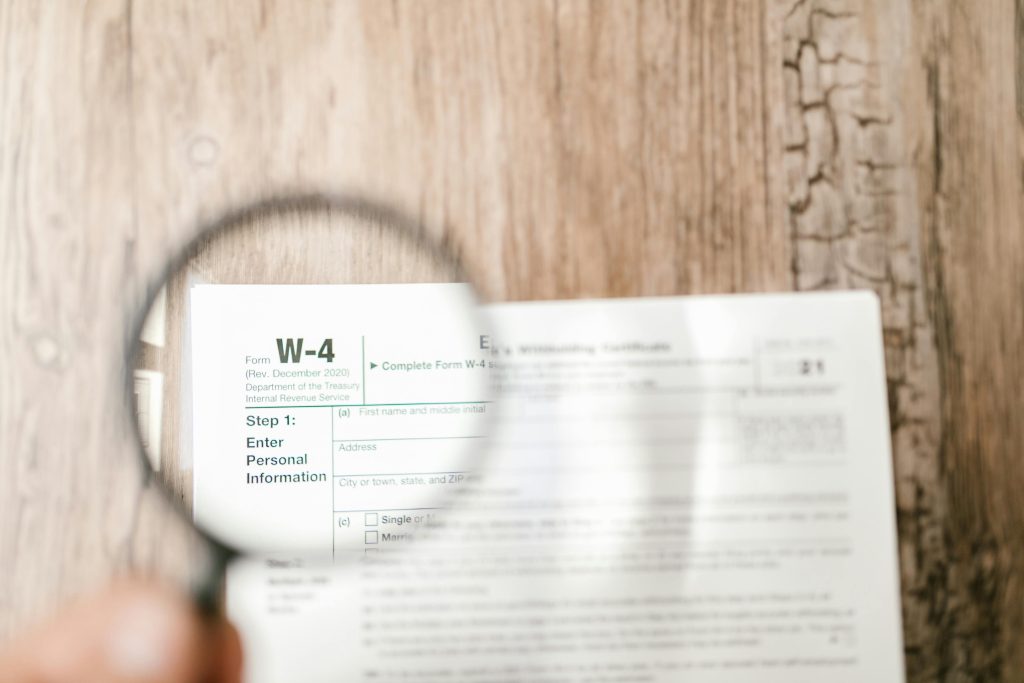Introduction
Owning investment property is one thing—knowing how it’s performing is another. That’s why monthly reporting is critical for property owners, whether you’re managing a single-family rental or a commercial portfolio.
A reliable property management company doesn’t just collect rent—they deliver a transparent, detailed monthly report that gives you a complete picture of income, expenses, tenant activity, and property condition.
In this guide, we break down exactly what reports you should expect to receive each month, what each one means, and how to use them to make smarter investment decisions.
1. Why Monthly Reports Matter
Monthly reports offer:
- Financial transparency
- Operational accountability
- Early warning signs of problems
- Proof for tax prep, compliance, and investor updates

Whether you own one property or 100, these reports help you stay in control—without having to micromanage.
2. Core Monthly Reports Property Owners Should Receive
Let’s walk through each major report you should expect, what’s in it, and why it matters.
✅ 1. Owner Statement (Profit and Loss Report)
Purpose: Gives a snapshot of how your property performed financially over the past month.
What it includes:
- Rent collected
- Expenses (repairs, management fees, utilities)
- Net cash flow
- Opening and ending bank balance
- Reserve holdbacks (if applicable)
📊 Why it matters: This is your “scorecard” for the month—your property’s income minus its outflow. It shows if you’re earning, breaking even, or operating at a loss.
✅ 2. Rent Roll
Purpose: Overview of all tenants, lease terms, and payment status.
What it includes:
- Tenant names
- Lease start/end dates
- Monthly rent amount
- Balance due
- Late fees (if any)
- Security deposits held
📋 Why it matters: This lets you quickly assess rent collection and upcoming lease renewals. It also helps identify delinquencies before they snowball.
✅ 3. Expense Ledger or Vendor Invoice Summary
Purpose: Breaks down all bills paid on your behalf.
What it includes:
- Vendor names
- Invoice descriptions
- Service dates
- Payment dates and amounts
- Categorization (e.g., repairs, landscaping, utilities)
🧾 Why it matters: Clear insight into where your money is going, helping with budget planning and tax deductions.
✅ 4. Maintenance and Work Order Report
Purpose: Summarizes all maintenance requests, completed work, and outstanding issues.

What it includes:
- Description of issues reported
- Date reported and resolved
- Vendor assigned
- Cost of service
- Photos (if applicable)
🔧 Why it matters: This helps track property condition, flag recurring issues, and verify that repairs were done.
✅ 5. Vacancy and Turnover Report (if applicable)
Purpose: Details units that are vacant, being prepped for rent, or newly leased.
What it includes:
- Vacant units
- Date tenant moved out
- Turnover costs (cleaning, painting, repairs)
- Marketing activity and leads
- Days on market
- Move-in date for new tenant
🏠 Why it matters: Reducing vacancy is essential to maximizing cash flow. This report shows how quickly units are being re-leased and what it’s costing you.
✅ 6. Tenant Ledger
Purpose: Transaction history per tenant.
What it includes:
- Monthly rent charges
- Payments made
- Security deposits
- Late fees applied
- Adjustments or credits
📈 Why it matters: You can easily audit individual tenants’ payment histories and identify any patterns of late or partial payments.
✅ 7. Owner Draw Statement / Bank Transfer Report
Purpose: Summary of how much was transferred to your account and when.
What it includes:
- Total disbursed amount
- Date of disbursement
- Remaining reserve or balance
- Notes on withheld funds (if applicable)
💰 Why it matters: Confirms you’re getting your income and shows if any funds were held back for repairs or legal issues.
✅ 8. Compliance and Inspection Updates
Purpose: If applicable, includes notes from annual or quarterly inspections, lease compliance checks, or city inspections.

What it includes:
- Inspection date
- Issues found
- Follow-up actions
- Photos and repair verification
🔍 Why it matters: Prevents surprises and liability by keeping you informed on property condition and tenant behavior.
3. Optional Reports You Might Request Monthly
Depending on your property type or portfolio size, you might also get:
📦 Inventory Report (for furnished rentals or commercial storage)
- Tracks appliances, furniture, fixtures
🧾 Tax Deduction Summary (quarterly/monthly prep)
- Categorizes expenses by IRS Schedule E codes
📣 Marketing Activity Report
- Views, applications, inquiries during vacancy
🕵️ Legal Activity or Eviction Tracker
- Status updates on any legal proceedings
4. How to Use These Reports Strategically
It’s not just about reading them—it’s about learning from them.
🧠 Use reports to:
- Spot cash flow trends (seasonal, by unit)
- Compare actual vs. budgeted expenses
- Set aside reserves for upcoming repairs
- Prepare for tax filing
- Make reinvestment decisions based on real returns
5. What Makes a Good Monthly Report Package?
| Feature | Why It Matters |
|---|---|
| 🔍 Clarity | Easy to read, clean format |
| 🧾 Detail | Every transaction accounted for |
| 📅 Timeliness | Delivered consistently each month |
| 📥 Delivery method | Emailed PDFs or via online portal |
| 🧠 Summary + Detail | High-level snapshot with ability to dig deeper |
If you’re not receiving comprehensive reports each month, you’re missing key insights into your investment.
Conclusion
Monthly property management reports aren’t just for bookkeeping—they’re your eyes and ears into the performance of your real estate investment.

From financial statements and rent rolls to maintenance logs and tenant ledgers, a good report package offers transparency, control, and peace of mind. Make sure your property manager delivers these consistently—and take time to review them each month.
The better your visibility, the better your returns.
Related FAQs
1. Can I get reports customized to my needs?
Yes. Most property management platforms allow report customization or filtering by unit, date, or category.
2. What if I notice something wrong in the report?
Notify your property manager immediately. Reconciliations or corrections can usually be addressed within 48 hours.
3. How are these reports delivered?
Via secure online portals, PDF email attachments, or integrated owner dashboards.
4. Are these reports useful at tax time?
Absolutely. Monthly reports form the basis of your year-end Schedule E or business income reporting.
5. Should I get a quarterly report too?
Yes, especially if you own multiple properties. Quarterly summaries show trends over time and help with strategic planning.


